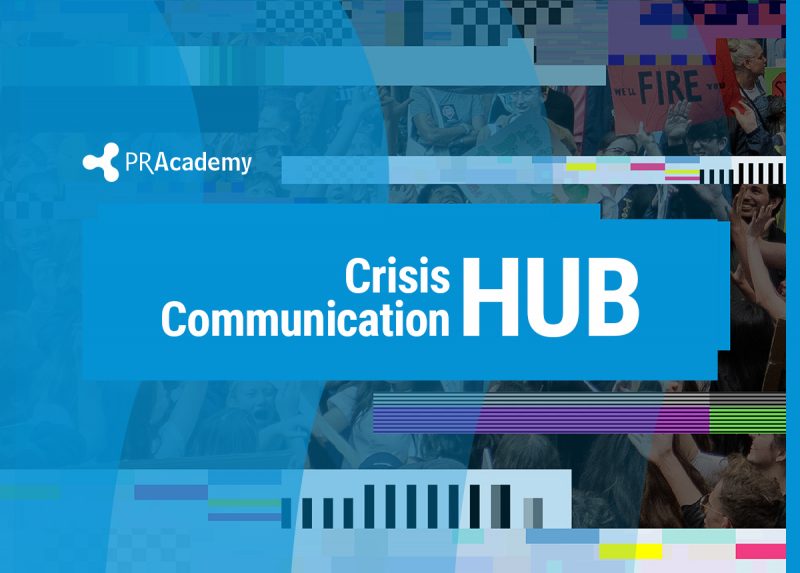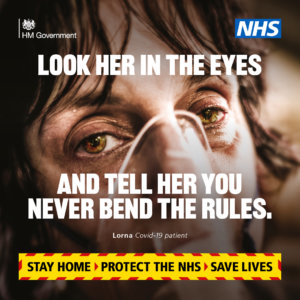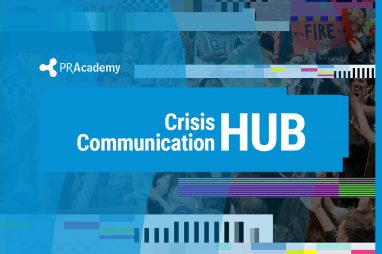Ethics and the use of fear in crisis communication
But I must confess I always felt a little queasy when discussing these concepts with my students. Out loud it did sound as if writers such as Cialdini were advocating the use of psychology to circumvent a normal rational response. It certainly raised ethical questions.
Fear can be seen as the ultimate message accelerant. It has the ultimate cut through as it plays to the basic human instinct to survive.

Join the Crisis Communication Hub
Gain free access to quarterly webinars, case studies, expert analysis and book reviews.
Sign up to receive alerts about the next crisis webinar.




